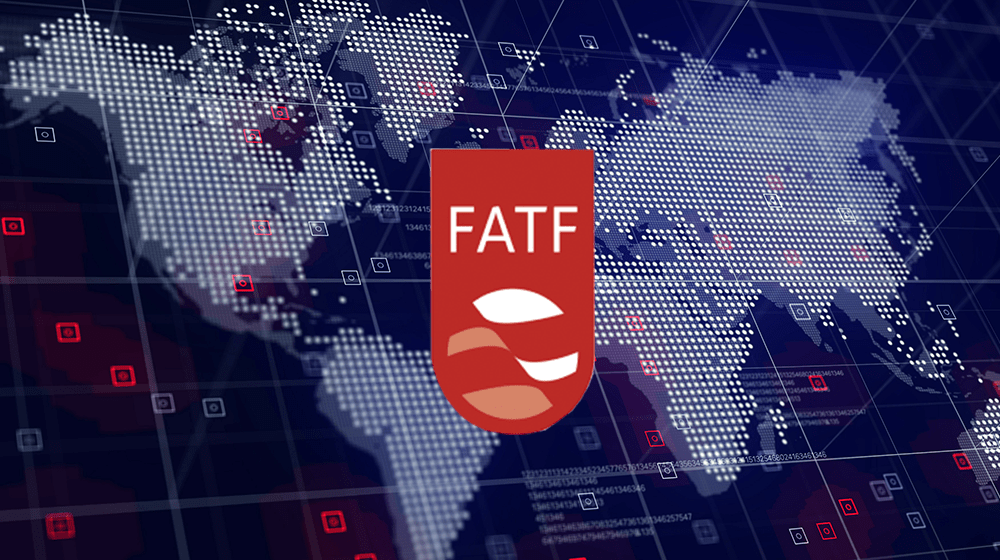Virtual assets continue to be used to support the proliferation of weapons of mass destruction as well as by scammers, terrorist groups, and other illicit actors, says the Financial Action Task Force (FATF).
“The DPRK continues to steal or extort virtual assets from victims and increasingly uses sophisticated methods to launder illicit proceeds,” FATF said in a new report.
“Virtual Assets are increasingly used by terrorist groups, in particular by ISIL in Asia and groups in Syria, and terrorist groups that are using virtual assets often use stablecoins and experiment with anonymity-enhancing cryptocurrencies.”
That said, most of the world is still lagging in introducing regulations for Virtual Assets (VA) and VASPS, according to a survey by FATF.
“More than a quarter of survey respondents (27%; 39 of 147) have yet to decide if and how to regulate the VASP sector. Of the respondents that had determined an approach, 60% (88 of 147) decided to permit VAs and VASPs, and 14% (20 of 147 jurisdictions) report opting to prohibit VASPs partially or explicitly.”
Based on the survey, it is counter-intuitive for countries to prohibit Virtual Asset Service Providers (VASPs), as this often leads to non – compliance with the FATF measures.
“Similar to the findings of the 2023 Targeted Update report, mutual evaluation and follow-up report results indicate that prohibiting VASPs effectively is difficult. Only two of twenty jurisdictions taking a partial or explicit 5 prohibition approach have been assessed as largely compliant with the FATF requirements and more than half have been assessed as partially or not compliant.”
– Financial Action Task Force
Many African countries are not compliant to the FATF requirements. The recent requirements to monitor virtual asset flows have played a key role in the recent addition of Kenya and Namibia to the FATF ‘grey -list.‘ The two became just the latest African countries in a long list that captures several African countries, including:
- Burkina Faso
- Cameroon
- Democratic Republic of Congo (DRC)
- Mali
- Mozambique
- Nigeria
- Senegal
- South Africa
- South Sudan
- Tanzania
- Uganda
- Kenya
- Namibia
REALITY CHECK | How FATF Grey Listing Affects a Country’s Financial and Economic Environment
According to a PwC report, investors consider grey-listing as a key factor when evaluating the risk of conducting business.
In this article, we take a look at the possible… pic.twitter.com/TU8PJHelXx
— BitKE (@BitcoinKE) March 3, 2024
The growing usage of these assets calls for better observation, particularly with stablecoins moving easily through P2P platforms.
“Jurisdictions should assess and monitor illicit finance risks associated with DeFi arrangements, identify entities that could fall into the definition of VASPs, develop a regulatory framework to capture responsible entity(ies), take supervisory and enforcement action as appropriate, and share good practices and remaining challenges with VACG members.”
Regulators are also cautioned to monitor ML/TF/PF risks related to unhosted wallets, including P2P transactions and NFTs, and share their experiences, including on data collection and risk mitigation.
Click here for the full report.
Follow us on Twitter for latest posts and updates
Join and interact with our Telegram community
________________________________________
________________________________________








